Shirin Dalvi, who was later released on bail, is accused of violating section 295A of the Indian Penal Code, which bans malicious and deliberate acts intended to outrage religious feelings. She faces as many as six lawsuits filed against her across the state, and has taken to hiding her face behind a burqa while in public.
Her troubles began on January 17, 2015, when she printed the February 9, 2006 cover of Charlie Hebdo titled "Mahomet débordé par les intégristes" ("Muhammad overwhelmed by fundamentalists"), with a bearded man in tears saying "C'est dur d'être aimé par des cons" ("It's hard being loved by jerks"), on the front page of the Mumbai edition of Urdu daily Avadhnama. The editorial accompanying the republished cartoon argued that since no image exists of the Prophet Muhammad, the Charlie Hebdo caricatures should not be taken as a representation of him:
There exists no image of him, so how can we infer that this picture is a caricature of him?Ten days earlier, two gunmen had attacked the Charlie Hebdo's office in Paris, killing 12 people, including eight journalists and injuring 11 others. The dead included the magazine's editor and a policeman. The magazine outraged many Muslims across the world as it published a number of controversial Muhammad cartoons over the years.
Facing backlash, Dalvi apologised, writing a detailed editorial explaining her position on the next morning. But the outrage continued. She began receiving threats on her phone. Lawsuits have been filed against her in different police stations in Mumbai, Thane and Malegaon.
On January 19, Avadhnama’s Mumbai edition was shut down and all its 15 employees sacked. Taqdees Fatima, owner of the Avadhnama title, defended herself, saying she had no links with the Mumbai edition, which was run by a separate entity.
The editor, publisher and printers are totally different and… (are) responsible for the contents.Avadhnama's other city editions did not publish the cartoon and were not affected. For Dalvi, more misery was waiting. Members of the Rashtriya Ulema Council (State Cleric Council) threatened to protest outside the police station if Dalvi was not arrested.
On January 28, she was arrested and got bail on the next day. But she has not gone back to her home in Mumbra since the protests began; her house remains locked and her children are staying with the relatives. Dalvi, along with the newspaper’s publisher Yunus Siddiqui, proprietor Taquadees Fatema and managing director Deepak Mhatre obtained anticipatory bail in another case filed against them on the same charge.
Dalvi told the Mumbai Mirror in an interview that she meant to reproduce Charlie Hebdo's latest cover purely as an illustration to go along with a report, but printed the 2006 cover by mistake. She admitted that she didn't know what the cartoon said since she doesn't speak French, and had only intended for the cartoon to illustrate a report about the controversial magazine's increased circulation following the attacks.
In a different interview with media watchdog website The Hoot, Dalvi, who has been working in Urdu media for the last 25 years, accused some papers of running false reports about her, such as one saying she had shot down a junior colleague's objection to the cartoon's publication by saying it would boost the newspaper's circulation. The website reported that sources in the Urdu media industry suggested business rivalries may have something to do with the case against Dalvi.
Online, some users criticised the lack of support for Dalvi following the Charlie Hebdo attacks. Satire Twitter account ChopdaSaab tweeted:
Forced into burqa, Separated from Kids: Editor pays for Charlie Hebdo cartoons. Not a word by Journo Frat. Cute! http://t.co/zzP7Y9lLmh
— ChopdaSaab (@Keisar_) February 3, 2015Blogger Suvie Kaul wrote:Lot of #FOE noise by fiberals for #AIBRoast but not whimper for a lady Urdu Mumbai editor who is being hounded for Charlie Hebdo cartoons!
— Suvie Kaul (@sukaul) February 3, 2015Nikhil Mehra, a lawyer from New Delhi, tweeted:Yeh lo! I hope the existence of such stupidity engenders even greater respect for what #CharlieHebdo do/did http://t.co/WSiF9Ak14P
— Nikhil Mehra (@TweetinderKaul) January 29, 2015The hashtag #IStandWithShireenDalvi has taken off:RT if u stand for Shireen.Lets make sure our voice is heard. That she doesnt have to run. That we stand for her FoE. #IStandWithShireenDalvi
— Vande Mataram (@UnSubtleDesi) February 3, 2015It's one thing to tweet #JeSuisCharlie ,totally different to ignore those who get victimised for doing so Speak up! #IStandWithShireenDalvi
— Against_Pseudos (@Against_Pseudos) February 3, 2015When the very "liberal" Hindu withdrew #CharlieHebdo cartoons, she was the one who printed it in her Urdu Daily #IStandWithShireenDalvi
— Ratnakar Sadasyula (@ScorpiusMaximus) February 3, 2015#FreedomOfSpeech works in India only if it's selective and suits the secular liberal agenda #IStandWithShireenDalvi
— sona (@sona2905) February 3, 2015She is on the run cz she dared to reprint hebdo cartoon. Easier to stand with hebdo since it happened a world away #IStandWithShireenDalvi
— Vande Mataram (@UnSubtleDesi) February 3, 2015People in media who cried for 12 people in France are quite over arrest of lady editor of urdu daily. #IStandWithShireenDalvi
— The KhalNayak (@SujnanNayak) February 3, 2015I pity that liberals who show outrage over everything are silent now #IstandWithShireenDalvi #shameOnIndiaMedia http://t.co/r7KikQRyxo
— Krishna Phani Kumar (@indianatwork) February 3, 2015Freedom of expression should be absolute #IStandWithShireenDalvi
— Common Man (@_high_five) February 3, 2015#IStandWithShireenDalvi because She shows that the most oppressed group in India (Mulslim women) too can show courage to say what she like.
— Anjali George (@AnjaliGorg) February 3, 2015Sadanand Bhat, a commenter on an article in Indian Express, questioned the state of freedom of expression in India:This is Outrageous. Here in western Countries they published the picture of the cartoon. Where is the freedom of Expression in India? WHy should she apologise? Where are all the Seculare [sic] peaceniks? This silence is deafening even in the news reviews. Feel sorry for her and wonder how I can help her.Raghvendra Upadhyay commented on an article in the India Times to say:
There is a thin line between "freedom of press" and "outraging religious feeling". Important thing is, what is the duty of a press. To put in news what people what to hear ? or what press want people to know ?The post was also published in Global Voices Online.
Choice is yours !!
Based on your choice, you will build yours and your societies future.




















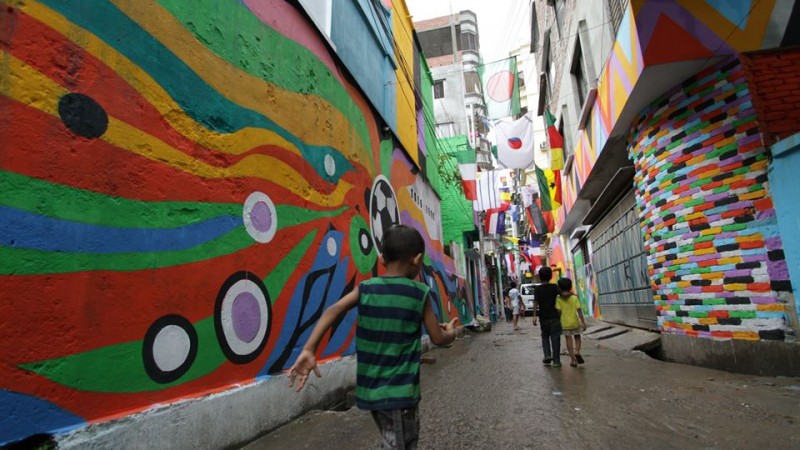
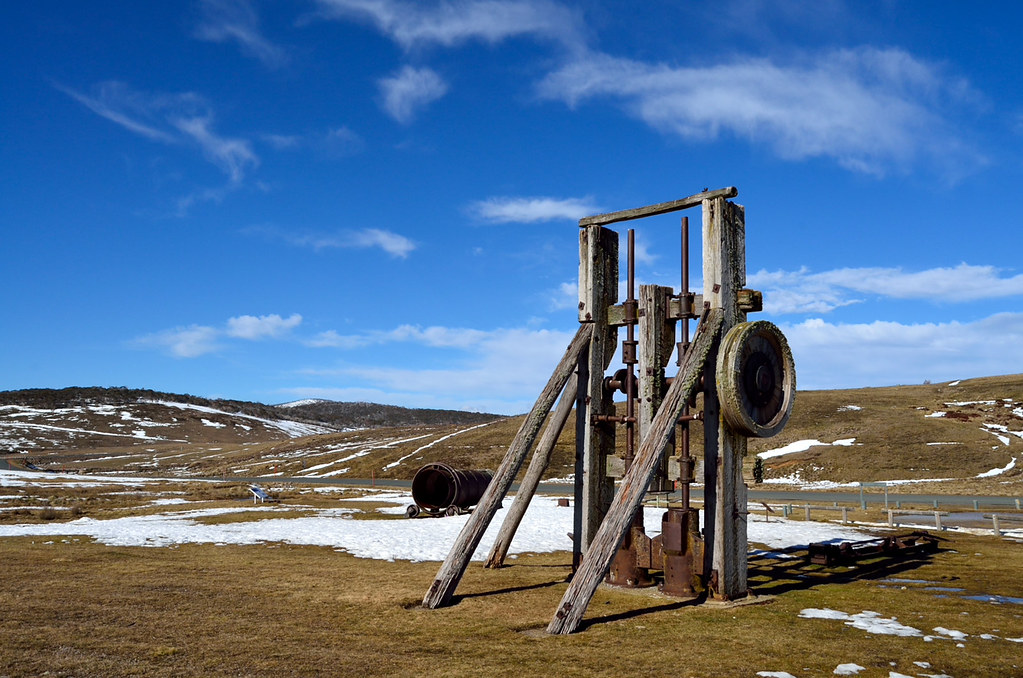
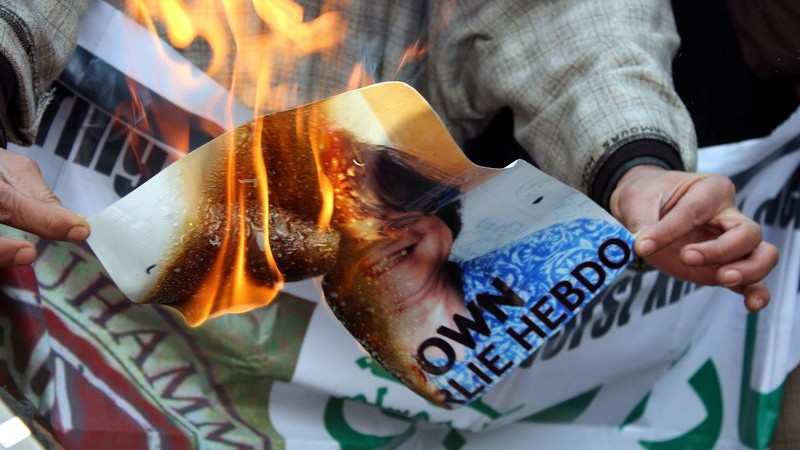
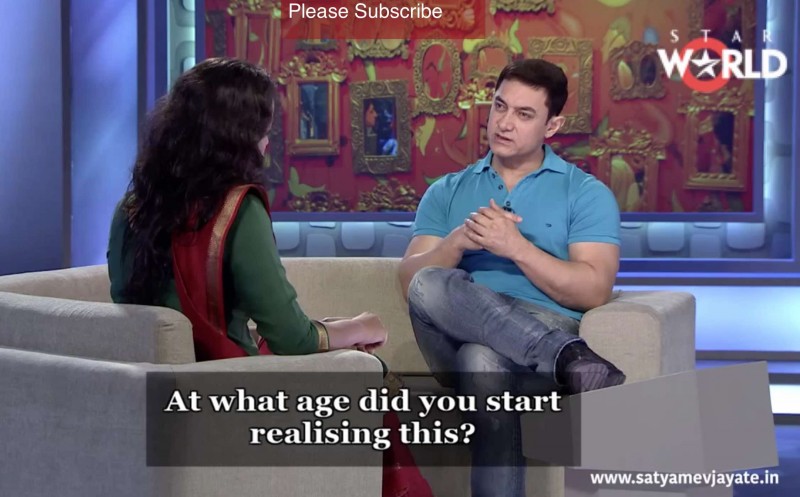
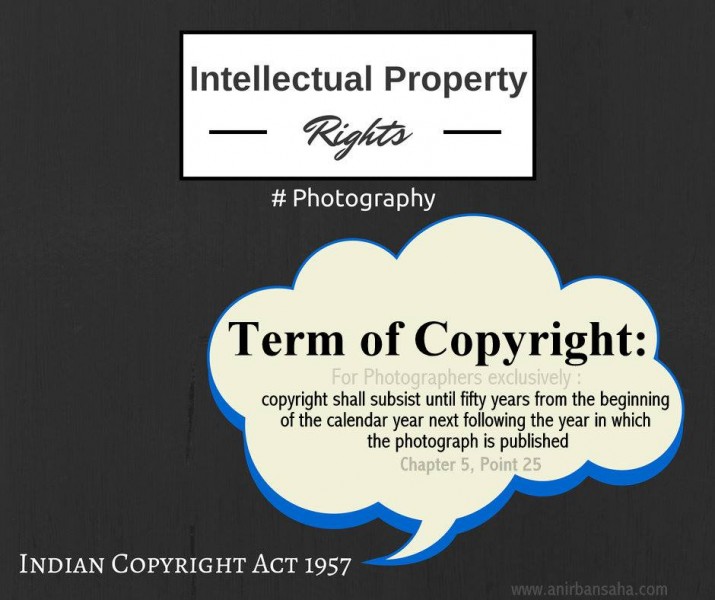
 The launch began with a press conference on board the boat. "Why are you coming and scaremongering?" a journalist asked. "Why do you want to present Bangladesh in a negative light?"
The launch began with a press conference on board the boat. "Why are you coming and scaremongering?" a journalist asked. "Why do you want to present Bangladesh in a negative light?" This is required because Jamaat leaders are
This is required because Jamaat leaders are 









